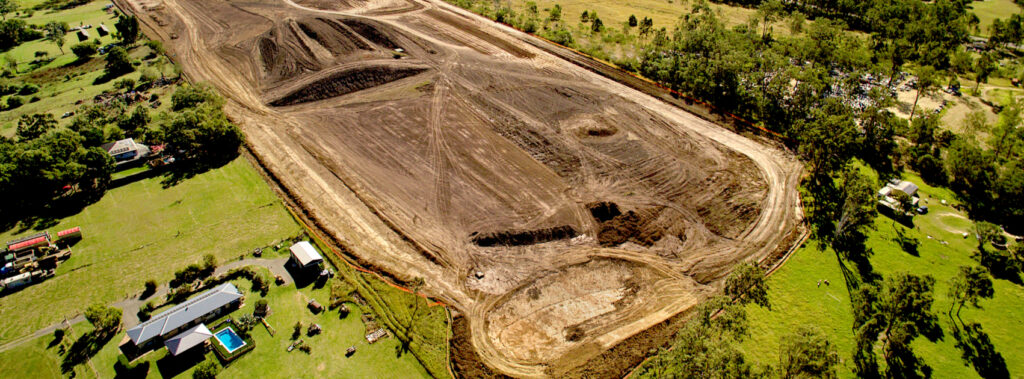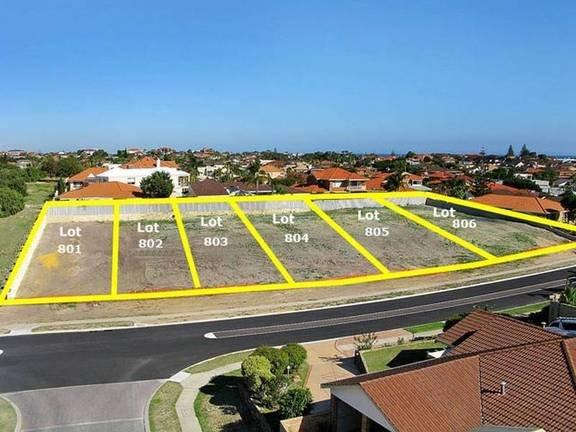What are the tax and investment considerations for a Granny Flat above versus a Tiny Home below? Income Tax Return Reporting - Income Streaming Tiny Homes Tiny home ownership does not have to follow the ownership interest of the underlying property ownership. For...
Tax Deductions on Vacant Land Holding Costs, Now Not Available – To Individuals & Family Trust!

New tax laws were proposed as part of the 2018 federal budget to deny tax deductions on the costs of holding vacant land, that has now been passed and come into effect from the 1st July 2019. These new laws apply regardless of when the land was held, (no grandfather clauses for pre 1st July 2019 lands).
Entity Types Affected!
- Individuals – (Mum & Dad Investors)
- Private trusts (closely held family trusts)
- SMSF
Entity Types Not Affected!
- Companies
- Managed & Public Investment Unit Trusts
- Public Super Funds
The aim of the new tax laws

- Is to deny tax deductions for the holding costs of vacant land, until the land is either:-
- Has significant structure – building, the rental property completed and ready to rent/use.
- Any holding cost prior to being available for use or rent will need to be capitialise against the CGT Cost Base to limit and future CGT.
Business Activities Not Effected on Vacant Land
The laws will not deny holding costs to the extent the costs are incurred in carrying on a business of ether:-
- Primary Production
- Leasing of land to related parties in primary production (see details on related parties)
- Property Development
- Land held for future developments (Land Banking) is not affected.
- However, the claiming of interest will indicate the land is being held on a revenue account, as such would lose the right to use the CGT 50% on future sales.
Vacant Land Held by a Property Developer
(not affected by the changes)

Ainslie carries on business as a property developer and owns a significant property portfolio of vacant land in Melbourne. She incurs outgoings relating to holding the vacant land including interest payments and council rates. As she incurs the expenditure to hold the land in carrying on her business for the purpose of producing an assessable income it is deductible. #
# As mentioned previously, the claiming of interest will be considered by the ATO that the Vacant Land is being held on a revenue account, rather than a capital account, no 50% CGT Discount will be available.
Vacant Land Held to Build & Rent a Rental Property

Anna purchased a block of vacant land and built new residential premises on it. Occupancy permits are issued for the residential premises once the building is considered suitable for occupation. The building is available for lease and advertised in various property websites which give it broad exposure to potential tenants. Anna can deduct the cost of holding this block of land to the extent expenses relate to the period when the property is legally available for occupation and is leased etc or otherwise available for lease etc. #
# Please note all holding cost prior to the point of the property being available for rent need to be capitalised against the CGT Cost base for any future CGT on future sales. Typical holding cost would include, part amortised borrowing costs, interest, rates, land taxes.
New Laws targeted to Individuals & Family Trusts

The new law will particularly affect individuals and trust that have incurred significant holding cost in the lead up to developing residential rental properties. The cost of financing and incurring interest will only be deductible when the rental property is completed and either rented or being actively marketed for rent. All holding costs prior will now need to be capitalised against the CGT Cost base for future capital gains taxes.
If you would like any further information or advice on how these changes will affect you or any other property tax-related matters, please feel free to book a meeting to discuss.





